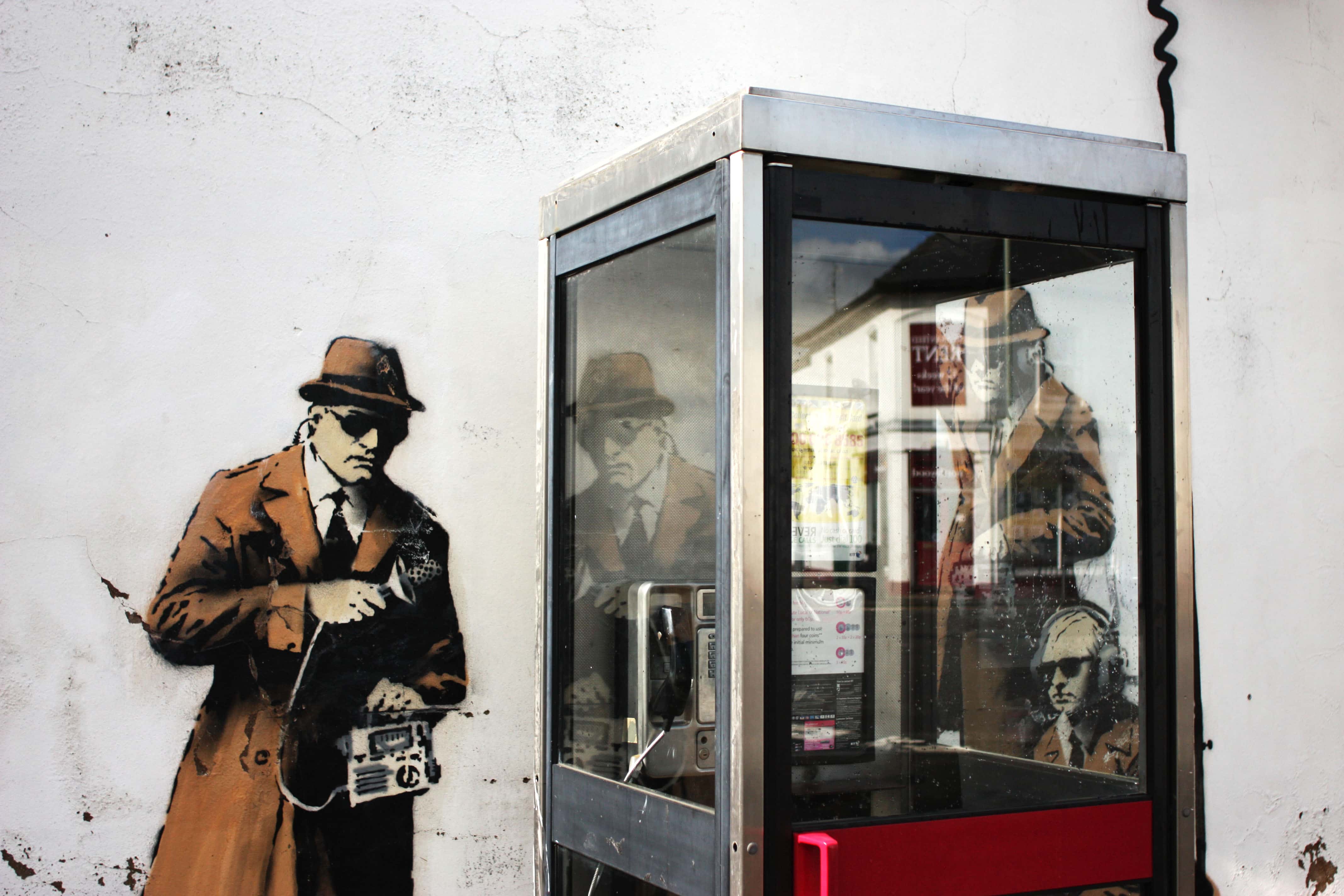The 6 February 2015 decision marked the first time in its 15-year history that the only UK court empowered to oversee GHCQ, MI5 and MI6 has ruled against the intelligence and security services.
A recent ruling by the UK Investigatory Powers Tribunal (IPT) resulted in this celebratory tweet by Privacy International.
Victory! All #GCHQ–#NSA intelligence sharing under #PRISM prior to Dec 2014 ruled illegal, #UK tribunal says: https://t.co/3hCOKEOS1B
— PrivacyInternational (@privacyint) February 6, 2015
A victory indeed. As Bytes for All reported, the 6 February 2015 decision marked the first time that the Tribunal, the only UK court empowered to oversee GHCQ [Government Communications Headquarters], MI5 and MI6, has ever ruled against the intelligence and security services in its 15-year history. It effectively said that the GCHQ acted unlawfully in accessing millions of private communications collected by the USA’s NSA (National Security Agency) up until December 2014.
“IPT’s pro-people decision sets a wonderful precedent for future rulings not only for UK courts, but also for developing countries like Pakistan which look up to developed countries for policy-making. The ruling also proves that no authority, including the military and intelligence, is beyond the purview of law, and in countries where this is not the case, the scope of law needs to be improved.”
Shahzad Ahmad, Country Director of Bytes for All, Pakistan
The claimants in the case are Privacy International (PI), Bytes for All, Liberty, and Amnesty International.
The case was only possible thanks to NSA whistleblower Edward Snowden whose leaked documents provided the facts needed to challenge the long-standing intelligence sharing relationship. His greatest fear was that “nothing would change.” The IPT ruling vindicates his admirable acts and shows the power of public scrutiny and transparency of State power, said PI.
In the words of Carly Nyst of Privacy International (PI), “it is a rare thing to bring truth to bear on the most powerful and secretive arm of the state.” It is therefore wonderful to see that the case has gotten some good coverage by the UK media.
Our story on GCHQ losing court case is the most read on the Guardian. Before “10 best sex scenes” @privacyint sells more than sex. cc @e3i5
— Eva Blum-Dumontet (@Arcadian_O) February 6, 2015
@privacyint @e3i5 @richietynan @GusHosein @carlynyst @RispoliMike @mattr3 Made the front page of the @standardnews ! pic.twitter.com/BfwEZwPu1O
— Chris Weatherhead (@CJFWeatherhead) February 6, 2015
A bittersweet success
While the accolades continue to come in, the claimants in the case cannot rest on their laurels. First of all, PI and Bytes for All will now ask the court to confirm whether their communications were unlawfully collected prior to December 2014 and, if so, demand their immediate deletion.
Meanwhile, challenges of the “lawfulness” of the GCHQ’s practices will continue at the European Court of Human Rights.
While IPT ruling is welcomed, we must continue the fight. Disclosure of rules does not make #GCHQ practices lawful https://t.co/USGgvLIgJS
— PrivacyInternational (@privacyint) February 6, 2015
As PI explains, the IPT judgement represents “both the triumph of civil society and privacy advocates in holding truth to power, and the failure of the justice system to constrain that power.”
“As Privacy International celebrates Friday’s victory against Britain’s security services – the first such victory this century – we cannot help but feel the success is bittersweet.
After all, we may have convinced the Investigatory Powers Tribunal that GCHQ was acting unlawfully in accessing NSA databases filled with billions of emails and messages, but with a few technical adjustments the intelligence services have managed to insure themselves against any further challenge, at least in domestic courts.”
Eric King, Deputy Director of Privacy International
Meanwhile, on the other side of the pond…
As the fight continues on European soil, a challenge to the NSA’s surveillance in the U.S. hit a roadblock on 10 February when a district court refused to even consider if it’s constitutional.
The case concerns the Electronic Frontier Foundation’s (EFF) long-running lawsuit against mass surveillance, Jewel v. NSA, filed on behalf of AT&T customers whose communications and telephone records are being vacuumed by the NSA.
“A federal court in San Francisco sided with the U.S. Department of Justice, ruling that the plaintiffs could not win a significant portion of the case … without disclosure of classified information that would harm national security. In other words, Judge Jeffrey White found that “state secrets” can trump the judicial process and held that EFF’s clients could not prove they have standing.
To be perfectly clear: this decision does not end EFF’s case. The judge did not find that it is legal for the NSA to tap into the Internet backbone … EFF will continue to fight in court, both in Jewel, as well as our two other ongoing lawsuits challenging NSA surveillance.”
Electronic Frontier Foundation statement
